There are many tips for getting help for depression. First, you should talk with a doctor to determine your current state of health. A physician is one of the most trusted sources when it comes to health care. Then, call around to various treatment providers and ask for referrals from friends. By getting multiple opinions from different sources, you'll know whether the treatment is right for you. It is also a good idea to talk to a doctor about your treatment needs before you make any decisions.

Self-help techniques
Using self-help techniques to manage your depression symptoms can be a valuable tool. By making changes to your diet, you can help yourself feel better. Eating more fruits and vegetables and eating healthy fats can help, too. Talking to a trusted friend or family member can help you process your feelings and improve your mood. Psychotherapy, or talking to a mental health professional, can be helpful if you're struggling with depression. It can feel good to talk about your problems and have someone to share your feelings with.
Socializing with friends and family is important for a person suffering from depression. Reaching out to people you care about can be incredibly therapeutic. It's a good idea to tell your closest friends and family members that you're feeling depressed and need their support. Schedule time with them to share your struggles and encourage them to help. It's also a good idea to join a support group to talk to other people who have faced similar challenges.
Types of depression treatment
There are many types of depression treatment, each aiming to help the patient overcome the condition. Some people seek help from a psychiatrist. Others seek help from psychotherapists. Psychotherapy is also known as talk therapy. Different approaches are used to treat depression, including cognitive behavioral therapy, interpersonal therapy, and other types. Therapists may use a combination of these approaches depending on the severity of the problem. Here are some examples of the most common types of depression treatment.
A physical examination and lab tests may indicate depression. A psychiatric evaluation may include a questionnaire, which asks about the patient's thoughts, feelings, and behavior patterns. The American Psychiatric Association's DSM-5 list describes several different types of depression. Your doctor may prescribe one or several types of treatment. For more detailed information, talk to a therapist. You may be surprised to find out that many people find conventional medicine ineffective.
Symptoms of depression
While most people experience sadness, loneliness, and depression at some point in their lives, some people experience depressive symptoms for months or years at a time. These feelings are overwhelming and can lead to physical symptoms. Depression can affect many aspects of one's life, including relationships, school, and work. If left untreated, it can result in painful back pain, feelings of anger, and even workaholism.
Major depressive disorder is a medical condition that can affect feelings, thoughts, and behavior. People who suffer from depression have feelings of sadness, lack of interest in activities, and trouble functioning at work. Many of the symptoms of depression can also be caused by medical conditions, such as thyroid problems, brain tumors, and vitamin deficiencies. Even if you suffer from a depressive disorder, there are several things you can do to help yourself.
Treatment options
Often, a combination of psychotherapy and medication can help relieve the symptoms of depression. You can also try alternative therapies. Alternative medicine, sometimes referred to as integrative medicine, combines different approaches to treating different health conditions. However, you shouldn't use these treatments as a substitute for traditional medical care. These methods are not designed to cure depression. If you are suffering from depression, it is important to seek treatment as soon as you notice a change in your behavior or mood.
Psychotherapy is one of the most common types of treatment for depression. It involves training a person to change unhelpful thought patterns and learn positive self-talk. Other techniques include behavioral activation and guided discovery. Interpersonal therapy addresses relationship challenges that may be contributing to depression symptoms. The therapist can help you improve your relationships and manage difficult emotions. Medications are an excellent first option for some people with mild to moderate depression. However, if you are suffering from major depression, you might need medication as well.